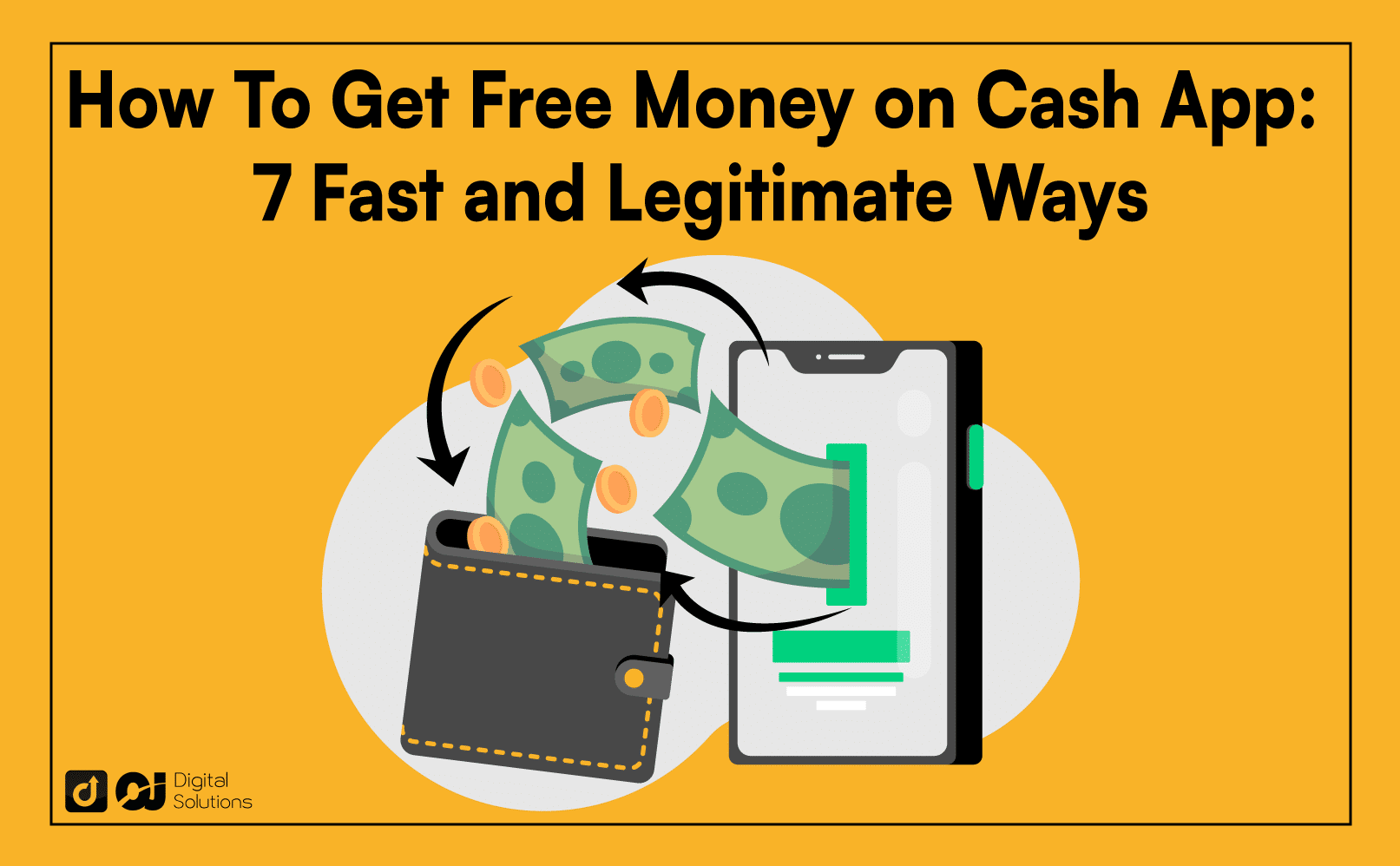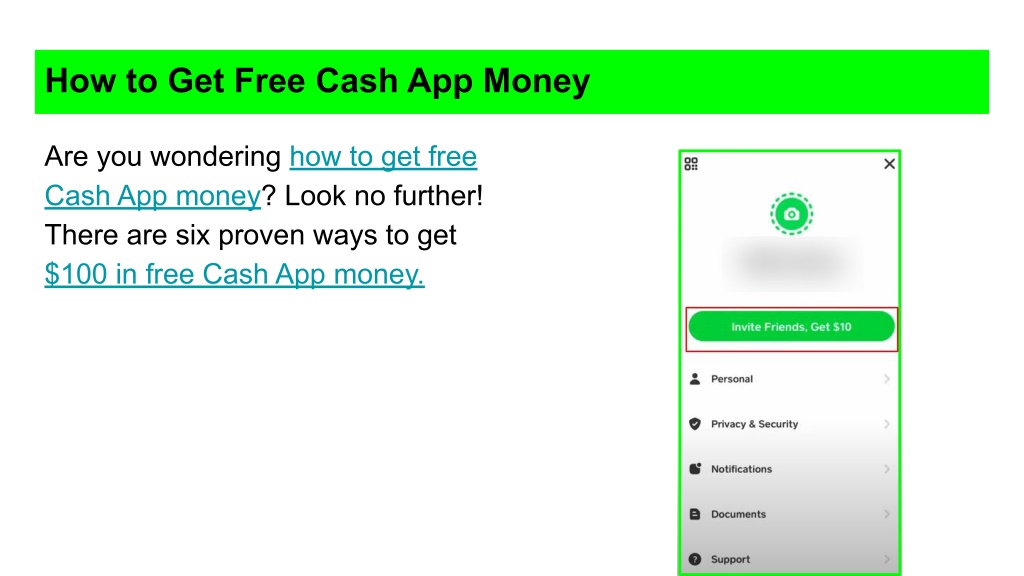How Can You Get Free Money

In an era defined by economic uncertainties and rising costs of living, the pursuit of financial stability is more crucial than ever. Many individuals find themselves struggling to make ends meet, unaware that avenues for securing "free money" exist, often overlooked or misunderstood. These opportunities, while not always easily accessible, can provide a vital lifeline for those in need, offering grants, scholarships, and various forms of assistance that don't require repayment.
This article aims to demystify the landscape of available resources, offering a comprehensive guide on how to navigate the often-complex processes of obtaining free financial assistance. We'll delve into the specifics of government programs, educational grants, and private initiatives, providing practical advice and actionable steps. The goal is to empower readers with the knowledge necessary to confidently pursue these opportunities and improve their financial well-being.
Understanding "Free Money" Sources
The term "free money" might sound too good to be true, but it essentially refers to funds provided as gifts, grants, or scholarships that don't need to be paid back. These resources are typically offered by government agencies, non-profit organizations, and private institutions with the goal of supporting specific populations or initiatives.
It's important to distinguish "free money" from loans, which require repayment with interest. Understanding this difference is critical in making informed financial decisions and avoiding unnecessary debt.
Government Assistance Programs
The U.S. government offers a wide range of programs designed to provide financial assistance to eligible individuals and families. These programs address diverse needs, from housing and food security to education and healthcare.
One of the most well-known is the Supplemental Nutrition Assistance Program (SNAP), which provides benefits to low-income individuals and families to purchase groceries. Information is available on the USDA Food and Nutrition Service website.
Another crucial program is the Temporary Assistance for Needy Families (TANF), which provides states with grants to fund a wide range of services, including cash assistance, job training, and childcare. Eligibility requirements and benefit levels vary by state.
Housing assistance is also available through programs like Section 8 (Housing Choice Voucher Program), which helps low-income families afford safe and sanitary housing. The Department of Housing and Urban Development (HUD) oversees these programs; you can find more information on their website, hud.gov.
Educational Grants and Scholarships
For those pursuing higher education, grants and scholarships represent significant sources of free money. These awards are designed to help students cover tuition, fees, and other educational expenses.
The Federal Pell Grant is a need-based grant available to undergraduate students with financial need. The amount of the Pell Grant depends on the student's expected family contribution (EFC), the cost of attendance, and enrollment status.
States also offer grant programs to residents attending in-state colleges and universities. These grants often have specific eligibility requirements, such as residency and academic performance.
Beyond government and state programs, numerous private organizations and foundations offer scholarships to students based on merit, need, or specific interests. Websites like Scholarships.com and Fastweb can help students identify relevant scholarship opportunities.
Navigating the Application Process
Securing free money requires diligence and attention to detail. The application processes can be complex and time-consuming, but persistence can pay off.
First, thoroughly research eligibility requirements for each program or scholarship. Ensure you meet all criteria before investing time and effort in the application process.
Second, gather all necessary documentation, such as proof of income, residency, and academic transcripts. Having these documents readily available will streamline the application process.
Third, pay close attention to deadlines and submit applications on time. Late applications are often automatically disqualified.
Finally, proofread all application materials carefully for errors or omissions. A well-prepared and accurate application increases your chances of success.
Avoiding Scams and Misinformation
The promise of free money can attract unscrupulous individuals and organizations. It's crucial to be aware of scams and misinformation that can lead to financial loss or identity theft.
Be wary of any offer that requires you to pay a fee to receive a grant or scholarship. Legitimate programs never charge upfront fees.
Protect your personal information and avoid sharing sensitive data with unknown sources. Never provide your Social Security number, bank account details, or credit card information unless you are confident in the legitimacy of the organization.
Consult with trusted financial advisors or government agencies to verify the legitimacy of any program or offer. Resources like the Federal Trade Commission (FTC) can provide valuable information and guidance.
Looking Ahead: Expanding Access to Financial Assistance
While numerous opportunities for securing free money exist, access to these resources remains a challenge for many. Efforts are needed to improve awareness, simplify application processes, and address systemic barriers that prevent individuals from accessing the assistance they need.
Increased funding for government programs and educational grants is essential to meet the growing demand for financial assistance. Advocacy efforts can play a crucial role in influencing policy decisions and ensuring that resources are allocated effectively.
Technological innovations can also help streamline the application process and connect individuals with relevant resources. Online platforms and mobile apps can provide personalized guidance and support, making it easier for people to navigate the complex landscape of financial assistance.
Ultimately, securing free money requires a proactive approach, a commitment to research, and a healthy dose of skepticism. By understanding the available resources and navigating the application process with diligence and caution, individuals can improve their financial well-being and achieve their goals.


![How Can You Get Free Money How to Get Free Money [Fast Ways to Get Cash]](https://www.savingfreak.com/wp-content/uploads/how-to-get-free-money.jpg)






![How Can You Get Free Money 30 Easy Ways to Make Instant Money Online Absolutely Free [2023] - Boss](https://www.bosssinglemama.com/wp-content/uploads/2021/09/Make-Instant-Money-Online-Absolutely-Free-1.jpg)








